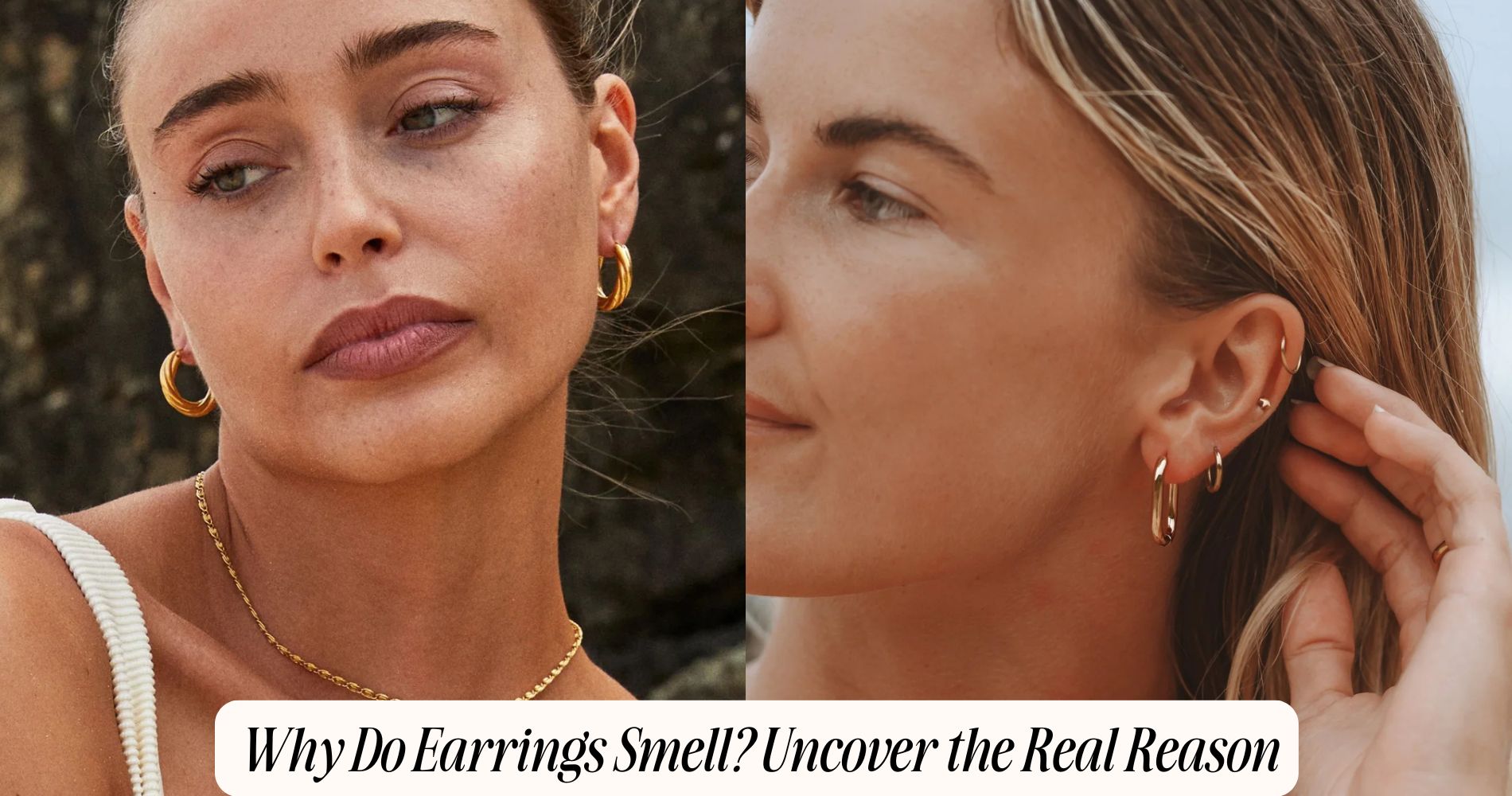
Why Do Earrings Smell? Uncover the Real Reason
Why do earrings smell? It’s a common question with a surprisingly simple answer: a buildup of sebum, dead skin cells, sweat, and bacteria collects between the earring and your skin. This cramped, moist space creates the perfect environment for bacteria to thrive, breaking down these substances into smelly, volatile compounds. Wearing earrings made from less hypoallergenic materials can make the problem worse—especially if they’re not cleaned regularly. The good news? With proper hygiene and by choosing high-quality pieces like those in our Best Hoop Earrings collection, you can minimize or even prevent that unpleasant odor altogether.
The Science Behind Earring Odor
When you notice an unpleasant smell coming from your earrings, it’s typically the result of a buildup of sebum, dead skin cells, and bacteria around the pierced area.
Your ear anatomy plays a key role in this process. The earlobe’s soft tissue creates a microenvironment that’s often warm and slightly moist, which can facilitate bacteria growth.
Piercings create a small tract through the tissue that can trap organic material, especially if earrings aren’t removed and the area isn’t cleaned routinely.
Bacteria metabolize the sebum and dead cells, producing volatile compounds responsible for the odor you detect.
Understanding this, you can appreciate why maintaining proper hygiene around your earrings and piercings is essential for minimizing both microbial colonization and associated odors.
What Causes the Smell Around Piercings
Although earring odor can seem mysterious, the primary causes involve the accumulation of sebum, keratinized skin cells, and microbial colonization within the piercing tract.
When you neglect piercing hygiene, these organic substances build up in the small, moist space between your earring and skin. This environment provides an ideal niche for skin bacteria, such as Staphylococcus epidermidis and Corynebacterium species, to thrive.
These microbes metabolize the trapped debris, releasing volatile compounds that generate a characteristic odor. If you don’t regularly clean your piercings, this process accelerates, resulting in more pronounced smells.
Maintaining proper piercing hygiene disrupts this cycle by removing excess sebum and cellular debris, thereby limiting the proliferation of odor-producing bacteria and minimizing unpleasant smells around your earrings and piercings.
How Jewelry Material Plays a Role
Beyond hygiene practices, the material of your jewelry greatly influences odor development around piercings. Metals such as gold and silver differ in their reactivity with skin.
Gold, especially 14k or higher, is less likely to trigger allergic reactions or support bacterial growth compared to lower-purity alloys or base metals. Silver, particularly sterling silver, can tarnish and react with sweat, producing compounds that may contribute to unpleasant odors.
Hypoallergenic options like titanium or surgical-grade stainless steel minimize the risk of irritation and microbial colonization. These materials offer a more inert surface, reducing the accumulation of sebaceous secretions and dead skin cells.
Choosing high-quality, hypoallergenic jewelry lowers the possibility of adverse reactions and odor formation, directly impacting your piercing’s overall health.
Daily Habits That Make It Worse
Neglecting routine cleaning or wearing earrings for extended periods without removal greatly increases the risk of odor development.
When you skip regular ear cleaning or disregard basic hygiene practices, sebum, dead skin cells, and sweat accumulate around the piercing site and the earring itself. These organic substances provide an ideal environment for bacterial proliferation, which produces volatile compounds responsible for unpleasant smells.
Wearing earrings while sleeping or during intense physical activity exacerbates the issue by trapping additional moisture and debris. Applying hair or skin products near your ears without cleaning the area afterward can also contribute to buildup and odor.
Consistently overlooking these factors disrupts the balance of your skin’s microbiome, further promoting malodor. Consequently, daily habits greatly influence earring-associated odor formation.
Simple Steps to Prevent Earring Smell
To effectively prevent earring odor, establish a routine that prioritizes both earring and ear hygiene. Clean your earrings regularly with a gentle, non-irritating solution, such as saline or mild soap and water, to remove accumulated sebum, dead skin cells, and microorganisms.
Perform ear cleaning by gently wiping the earlobes, especially around pierced sites, to minimize buildup that can contribute to malodor. Allow your piercings to fully dry before reinserting jewelry to inhibit bacterial proliferation.

Proper jewelry storage is essential; keep earrings in a clean, dry container to prevent contamination and moisture retention, both of which facilitate bacterial growth.
Avoid sharing earrings, as this increases the risk of transferring pathogens. Adhering to these preventative steps considerably reduces the likelihood of unpleasant earring odors and supports ideal ear health.
When to Seek Professional Help
While consistent hygiene and proper earring care usually resolve minor odors, certain signs indicate a need for professional evaluation.
If you observe persistent redness, swelling, pain, or discharge around your piercing, these are clear infection signs that shouldn’t be ignored. Additionally, if you notice the odor is accompanied by warmth, fever, or an increase in local discomfort, it’s essential to seek prompt medical attention.
These symptoms may indicate an underlying bacterial or fungal infection requiring targeted intervention.
Don’t attempt to self-treat severe or worsening symptoms, as improper management can escalate complications. A professional assessment allows for accurate diagnosis and evidence-based treatment, such as prescription antibiotics or antifungal medications.
Prioritize your health by consulting a healthcare provider if infection signs persist or intensify despite diligent care.
Frequently Asked Questions
Can Earring Smell Indicate an Allergic Reaction?
You should recognize that earring odor alone doesn’t confirm allergic reactions, but if you notice redness, swelling, or irritation, metal sensitivity may be present. Clinical evidence links nickel or other metals to localized hypersensitivity responses in susceptible individuals.
Is Earring Odor Contagious Between People?
Earring odor isn't contagious between people; it's caused by buildup of skin cells, oils, and bacteria on the jewelry. You should practice proper earring hygiene and regular cleaning for effective odor prevention, rather than worrying about transmission.
Do Certain Foods Affect Earring Smell?
Certain food types, such as those high in sulfur or strong spices, can alter your body chemistry and sweat composition. As a result, you may notice increased earring odor due to changes in skin secretions around the piercing.
Can Perfume or Hair Products Worsen Earring Odor?
Perfume residues and hair product buildup can accumulate on your earrings and surrounding skin, creating a moist environment that encourages bacterial growth. You’ll likely notice worsened earring odor if you don’t regularly clean both your jewelry and earlobes.
Are Clip-On Earrings Prone to Smelling Too?
Yes, you may notice odor with clip-on earrings, especially if clip on materials trap sweat, oils, or dead skin. Inadequate hygiene practices increase this risk. Regularly clean both your earrings and earlobes to minimize accumulation.
Conclusion
By understanding the underlying causes of earring odor—such as sebum buildup, dead skin cells, and bacterial growth—you can take proactive measures to maintain hygiene. Jewelry material plays a significant role, with non-reactive metals minimizing irritation and odor. Adopting proper cleaning routines and avoiding habits that exacerbate the issue will help prevent unpleasant smells. If persistent odor or infection occurs, don’t hesitate to consult a healthcare professional for appropriate management and to prevent further complications.







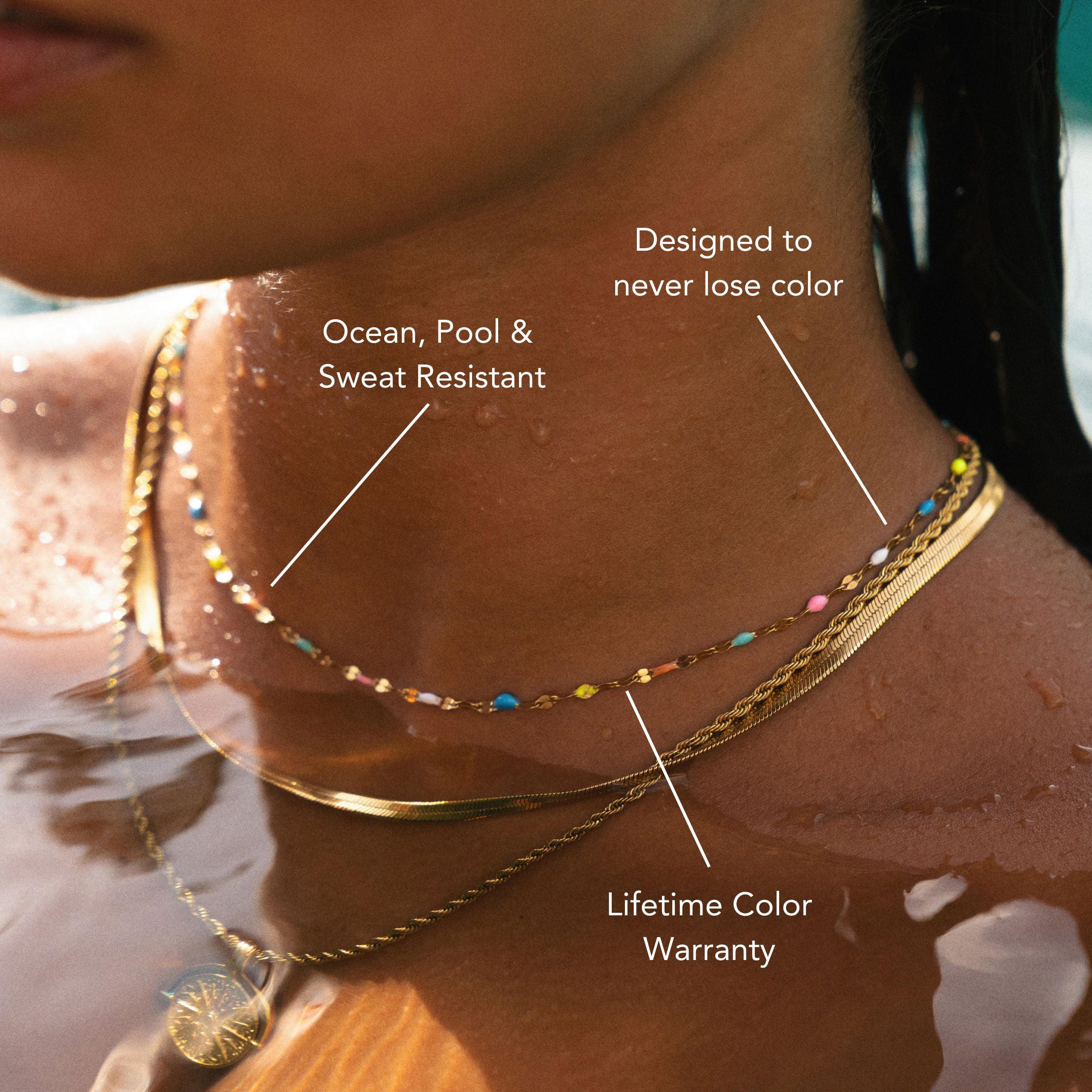

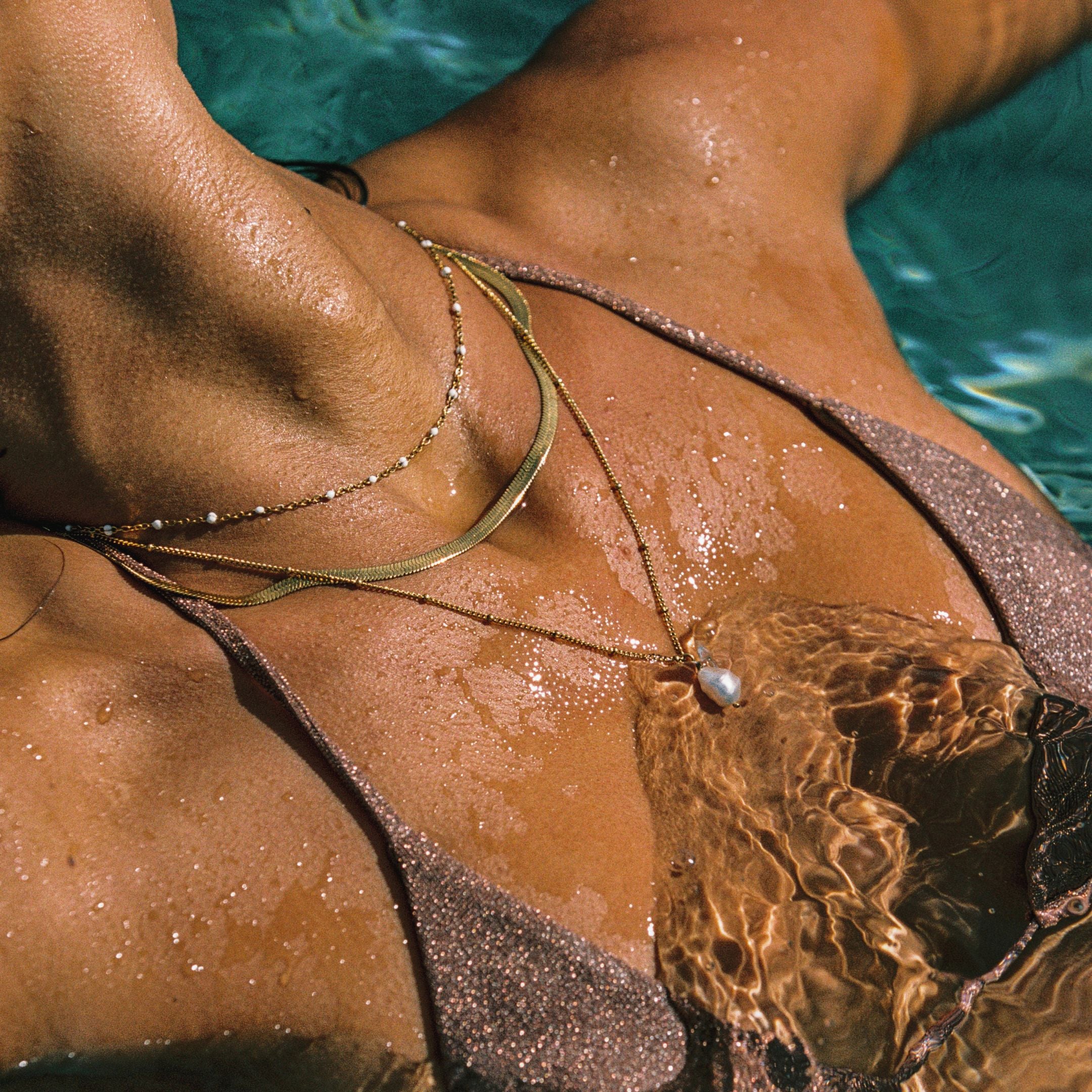


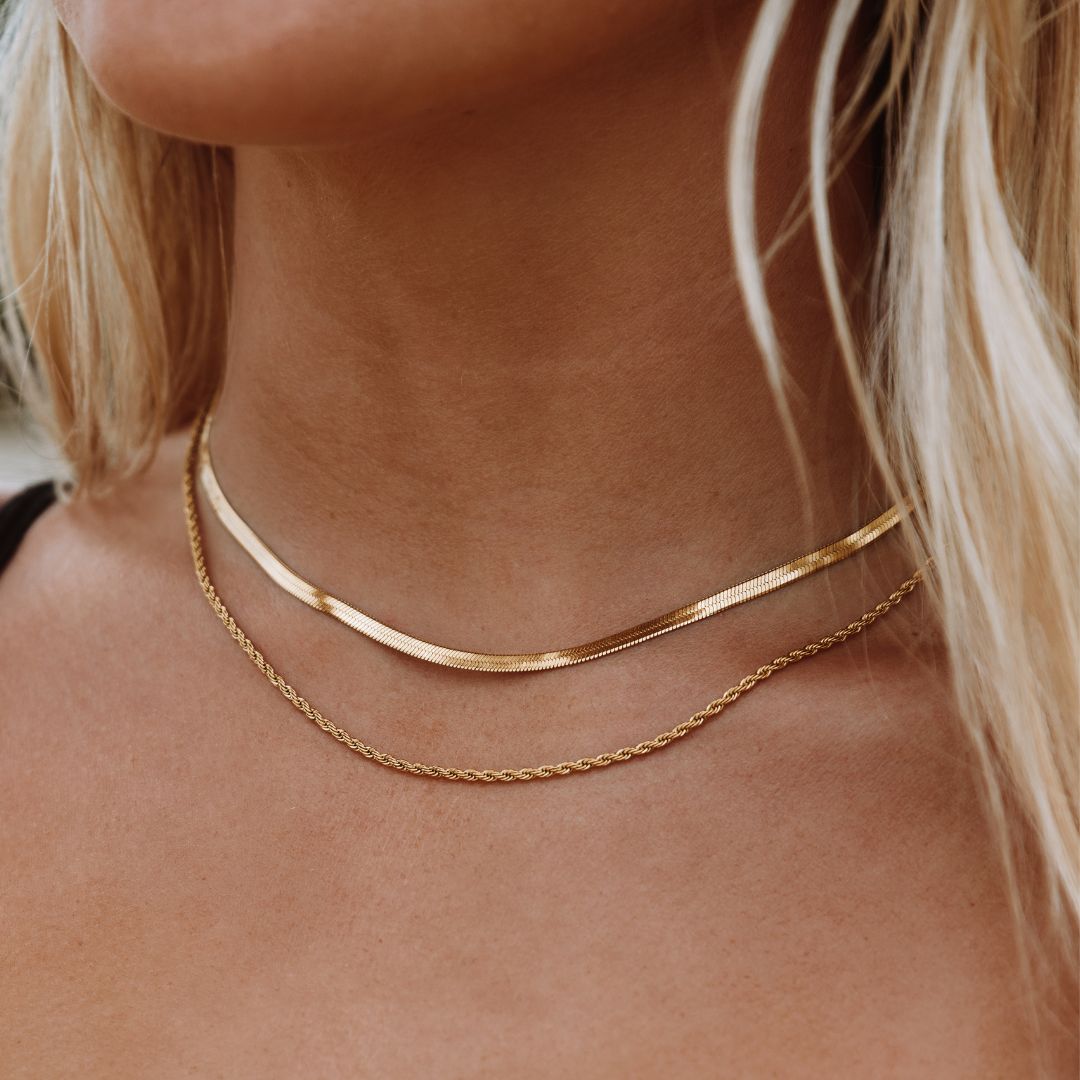

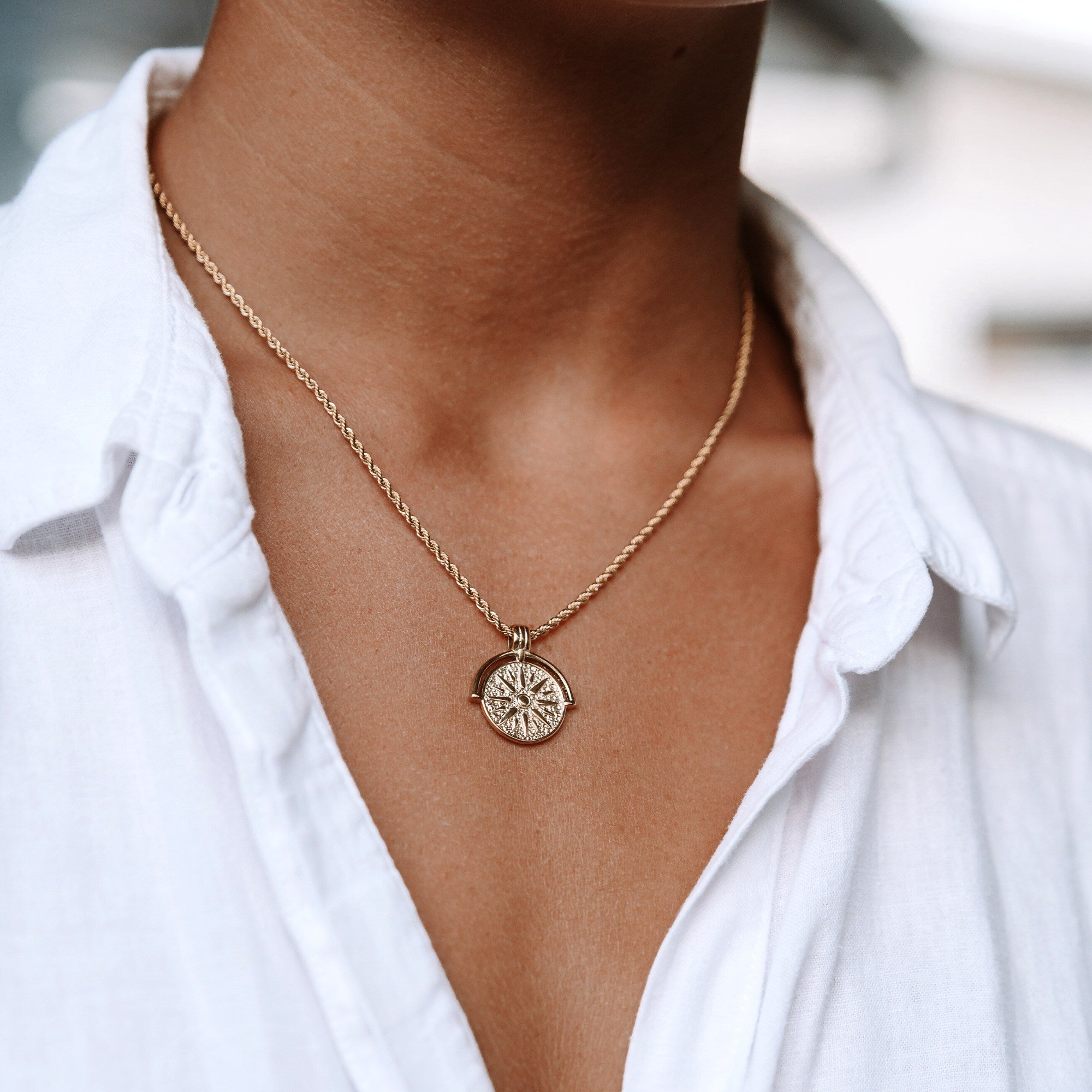

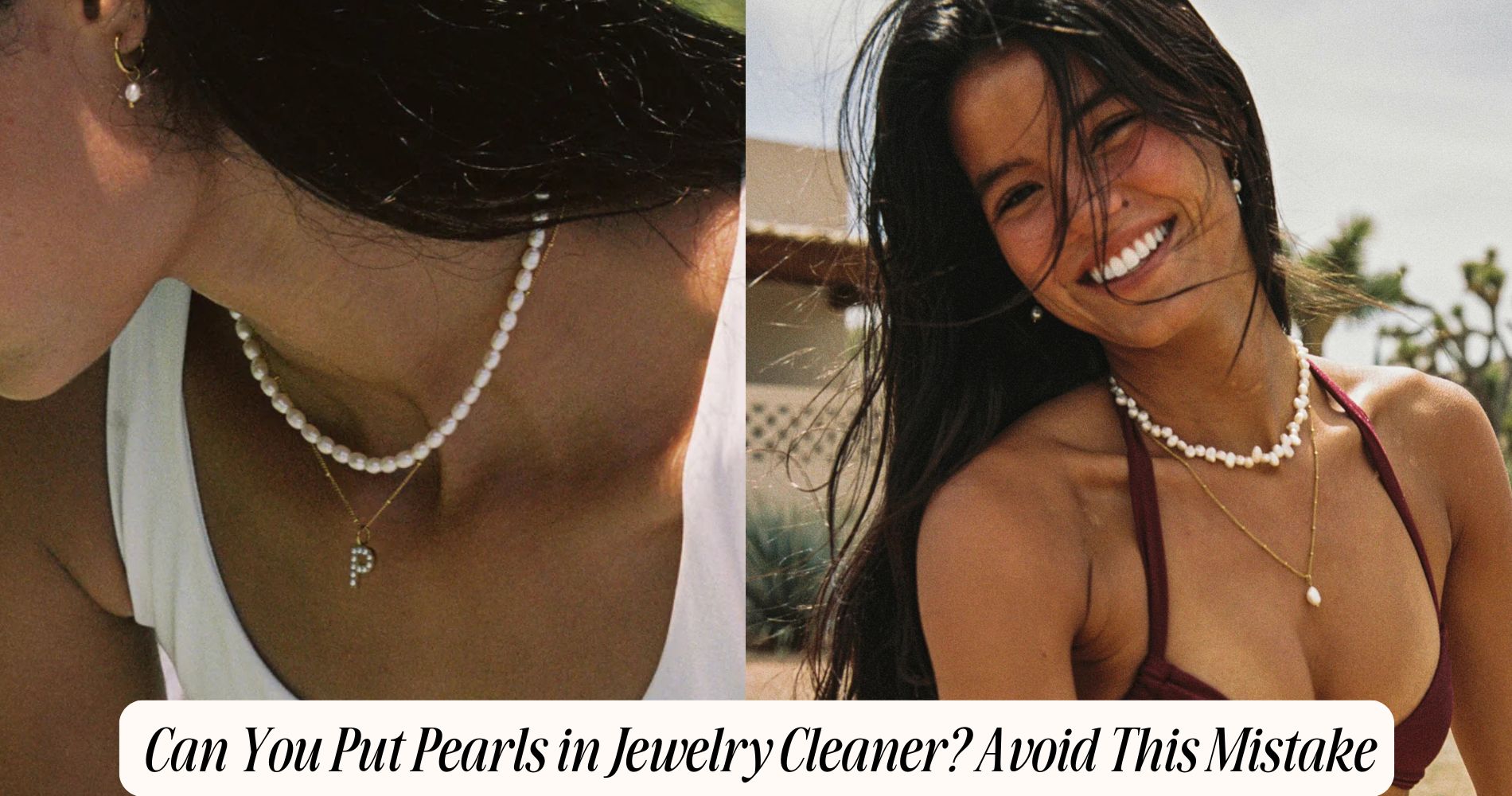
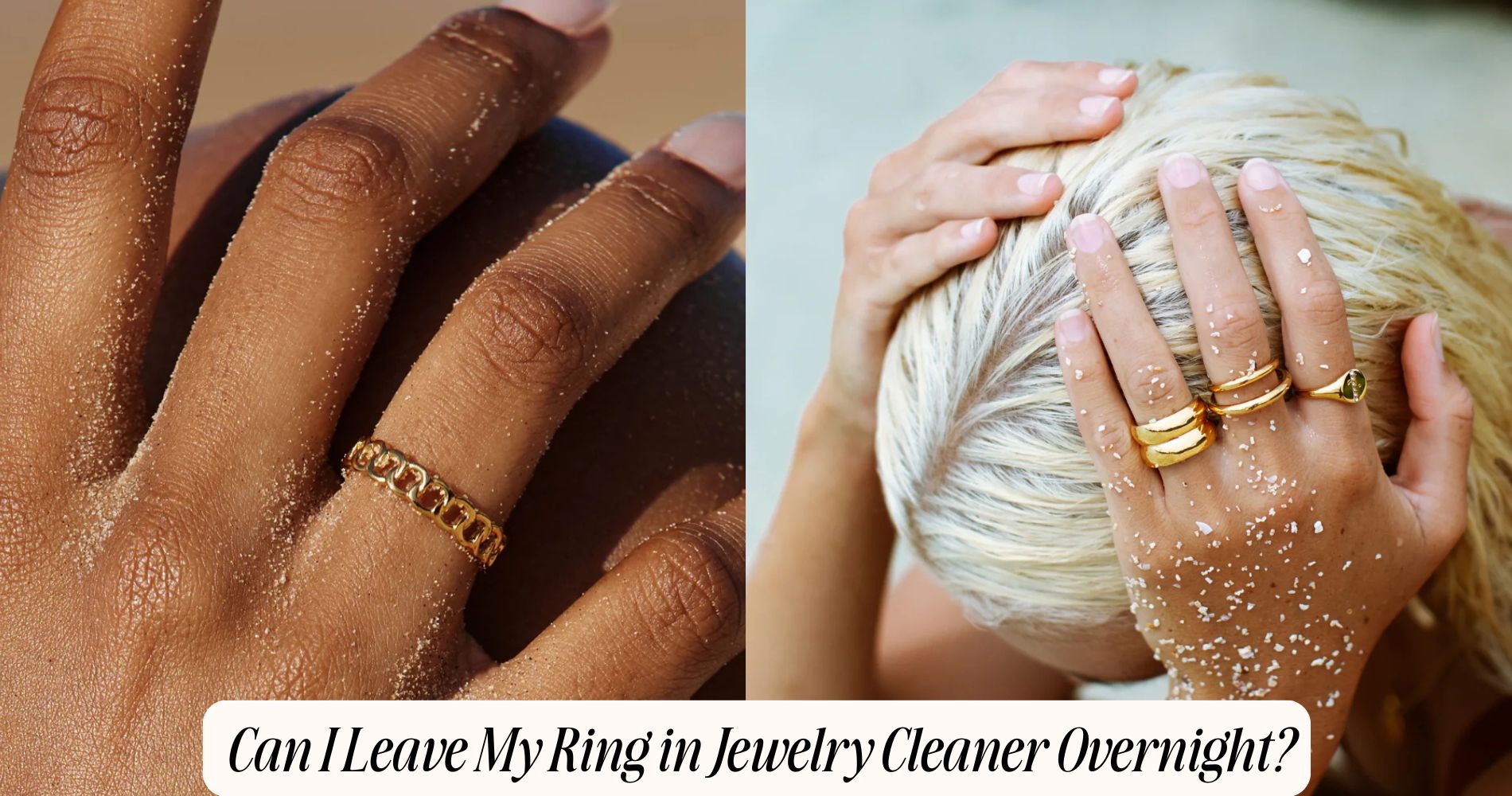




コメントを書く
このサイトはhCaptchaによって保護されており、hCaptchaプライバシーポリシーおよび利用規約が適用されます。